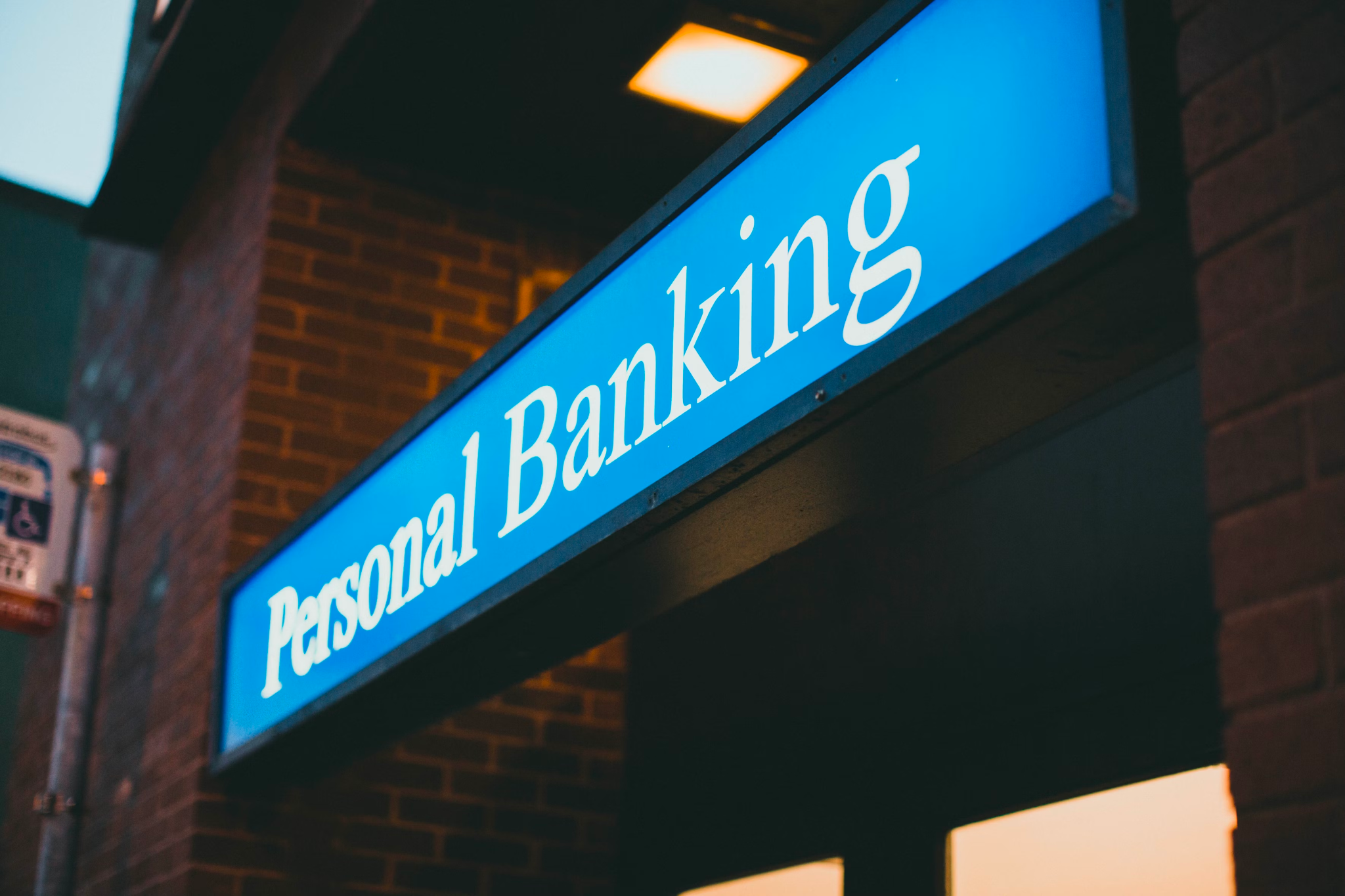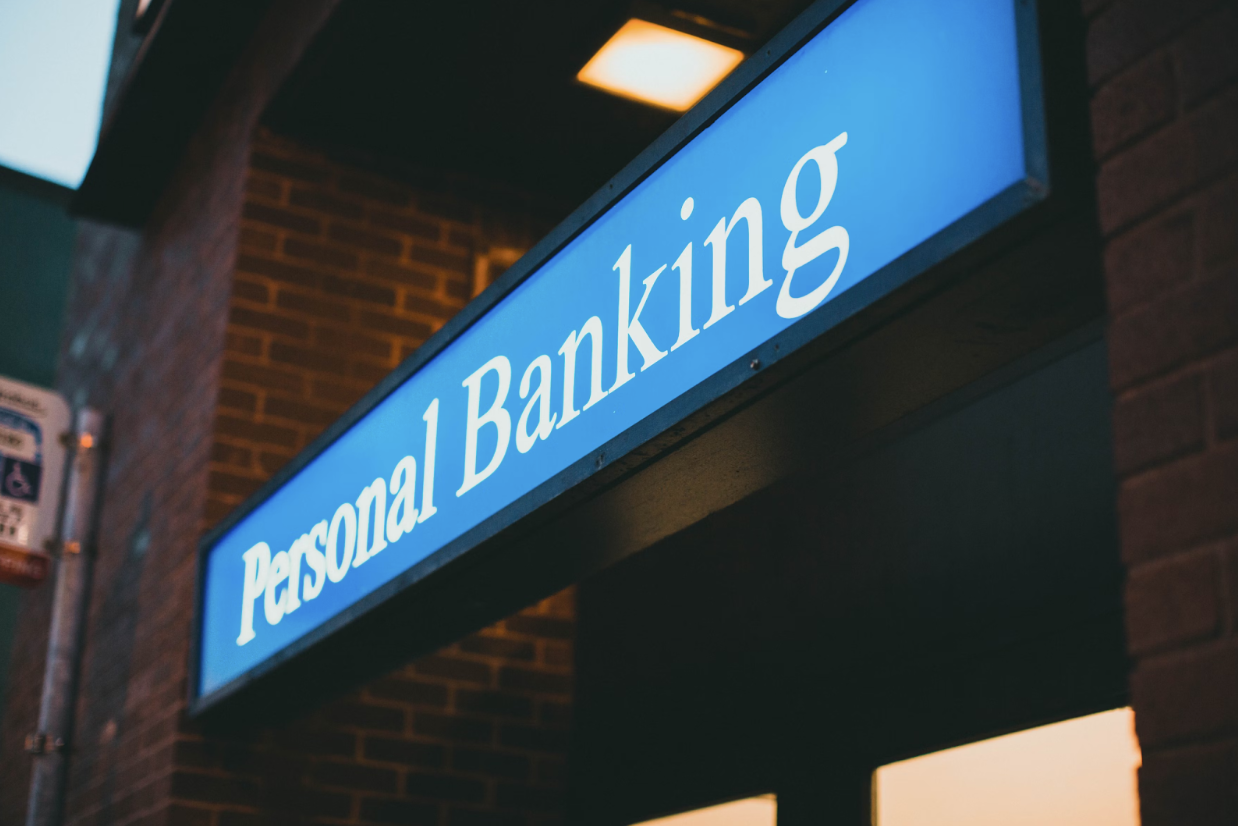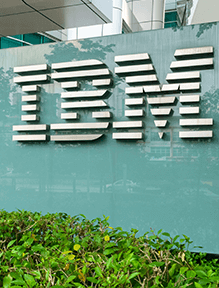
Source – https://unsplash.com/photos/blue-and-white-unks-coffee-shop-signage-0O2Pp6-mOkY
Over the course of this decade, the retail banking industry is set to witness more twists and turns than a rollercoaster at Six Flags. Plenty of changes, challenges, and opportunities lie ahead, capable of fundamentally altering the very core of this industry.
From the rise of FinTech to the push for sustainability, banks are racing to adapt or risk obsolescence. Buckle up as we explore how the retail banking industry is transforming, bracing itself against emerging threats, and evolving to meet the demands of a rapidly changing world.
Digital Transformation – The New Frontier
First off, let’s talk about the digital shift. It’s not just about online banking anymore, it’s about creating an entirely digital experience. Banks are racing to offer services that are as easy as ordering a pizza on your phone.
I mean, who wants to stand in line at a bank when you can just tap on your phone and voila, you’ve transferred money, applied for a loan, or checked your balance? This shift isn’t just convenient for us, the customers, but it’s also a cost-saver for the banks.
Fewer branches, less paper, and reduced manpower costs. But here’s the catch: implementing these digital platforms needs serious investment and tech-savvy brains.
Cybersecurity – Battling The Digital Demons
Now, with great digital power comes great responsibility, specifically in cybersecurity. Banks are basically vaults of data, and this makes them prime targets for cyber-attacks. It’s like a digital game of cat and mouse, with banks constantly upgrading their security to keep the sneaky hackers at bay.
We’re talking about serious high-tech stuff here – biometrics, encryption, the works. The challenge? It’s a never-ending battle.
The moment banks come up with new security measures, hackers are already trying to crack them. It’s like trying to keep a determined squirrel out of a bird feeder – they always find a way!
Changing Customer Expectations – The Amazon Effect
Customers today are a whole new breed. We’re spoiled by companies like Amazon and Uber, expecting lightning-fast service and personalized experiences. Banks can’t just be about storing money anymore, they need to be financial advisors, tech gurus, and personal assistants all rolled into one.
This means banks have to really know their customers, like what makes them tick and how they like their coffee. Well, maybe not the coffee part, but you get the point.
Banks need to personalize their services to each customer, making them feel special and understood. It’s a bit like trying to be a best friend who happens to manage your money.
Regulatory Hurdles – Jumping Through Hoops
The banking sector is no stranger to regulations, but now there are even more hoops to jump through. With all the advancements in technology and the global nature of banking, regulators are constantly updating the rulebook. It’s like playing a game where the rules keep changing mid-game.
Banks have to be on their toes to comply with these regulations, which range from anti-money laundering laws to data protection policies. It’s a necessary pain, though, because these regulations are what keep the industry safe and sound.
The Rise of FinTech – New Kids On The Block
Enter FinTech companies – the new kids on the block. They’re like the cool startups that come in with flashy tech solutions, making traditional banks look like old-school dinosaurs.
These FinTech firms are all about innovation, offering services like mobile payments, peer-to-peer lending, and cryptocurrency transactions. They’re shaking up the industry, forcing traditional banks to step up their game. It’s like a wake-up call for banks, pushing them to innovate or risk becoming obsolete.
By allowing users to compare CD rates, checking accounts, and more, fintech startups such as Compare Accounts are helping unlock substantial value for consumers. This, however, comes at the expense of traditional banks, for whom this often means eroding margins and a race to the bottom.
Sustainability & Ethical Banking – The Green Wave
Sustainability is the new buzzword, and it’s hitting the banking sector too. People are more conscious about where their money is being invested. They want to ensure it’s not funding industries that harm the environment.
Banks are responding by embracing green financing, like loans for renewable energy projects or eco-friendly businesses.
It’s about being good corporate citizens and showing that they care about more than just profits. It’s a shift towards ethical banking, where doing good is just as important as making money.
Conclusion – Bracing For Impact
To wrap it up, the retail banking industry is in for a wild ride. It’s about adapting to the digital revolution, fighting off cyber threats, meeting ever-changing customer expectations, complying with new regulations, keeping up with FinTech innovations, and embracing sustainability.
It’s a lot, but it’s also an exciting time for the industry. Banks that can navigate these changes and challenges will not just survive; they’ll thrive.
They’ll be like the cool, tech-savvy, environmentally-conscious friend everyone wants to hang out with. And for those that can’t? Well, they might just become relics of a bygone era, like VHS tapes and floppy disks. Time will tell!





















